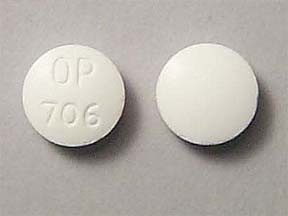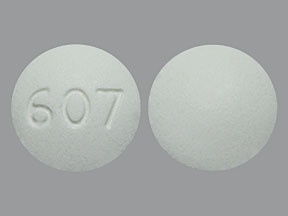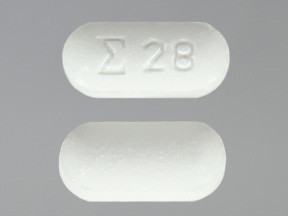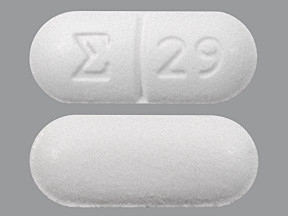DISULFIRAM - ORAL
PHONETIC PRONUNCIATION: (dye-SUL-fi-ram)
COMMON BRAND NAME(S): Antabuse
GENERIC NAME(S): disulfiram
Uses
USES: This medication is used along with counseling and support to treat alcoholism. Disulfiram works by blocking the processing of alcohol in the body. This causes you to have a bad reaction when you drink alcohol.
How to use DISULFIRAM - ORAL
HOW TO USE: See also Precautions section. Take this medication by mouth with or without food, usually once daily in the morning or as directed by your doctor. If this medication causes drowsiness, take it at bedtime. Dosage is based on your medical condition and response to therapy. The maximum recommended daily dose is 500 milligrams. Use this medication regularly to get the most benefit from it. To help you remember, take it at the same time each day.
Side Effects
Precautions
Interactions
Overdose
Images
Reviews
Faq for DISULFIRAM - ORAL
Disulfiram is an oral medication primarily used to treat alcohol dependence. It works by interfering with the body's ability to metabolize alcohol, resulting in unpleasant side effects when alcohol is consumed.
The common side effects of Disulfiram may include drowsiness, headache, skin rash, metallic or garlic-like taste in the mouth, nausea, and vomiting.
Disulfiram is not a cure for alcohol addiction but can assist in the management of alcohol dependence. It works as a deterrent by inducing unpleasant effects upon alcohol consumption.
It is essential to inform your doctor about all medications you are currently taking before starting Disulfiram. Certain medications, such as metronidazole, opioids, and certain depression medications, can interact with Disulfiram and cause severe adverse effects.
Disulfiram has a half-life of about 60-120 hours. This means that it takes approximately 5-7 days for the body to eliminate half of the medication.
Disulfiram is not recommended during pregnancy and nursing. It may cause harm to the fetus or newborn. Consult with a healthcare professional for alternative options.
Disulfiram can be taken without alcohol; however, it is primarily used to help individuals maintain abstinence from alcohol by creating unpleasant effects upon alcohol consumption.
Disulfiram has the potential to cause liver damage, although it is a relatively rare side effect. Regular monitoring of liver function is usually recommended during treatment.
The duration of Disulfiram treatment depends on individual circumstances and should be determined by a healthcare professional. It is typically recommended for several months to aid in the recovery process.
Warning
WARNING: This medication should not be given to a patient without their knowledge. Do not take this medication if you are under the influence of alcohol or have drunk alcohol in the last 12 hours.
Disclaimer
IMPORTANT: HOW TO USE THIS INFORMATION: This is a summary and does NOT have all possible information about this product. This information does not assure that this product is safe, effective, or appropriate for you. This information is not individual medical advice and does not substitute for the advice of your health care professional. Always ask your health care professional for complete information about this product and your specific health needs.





No Reviews Yet